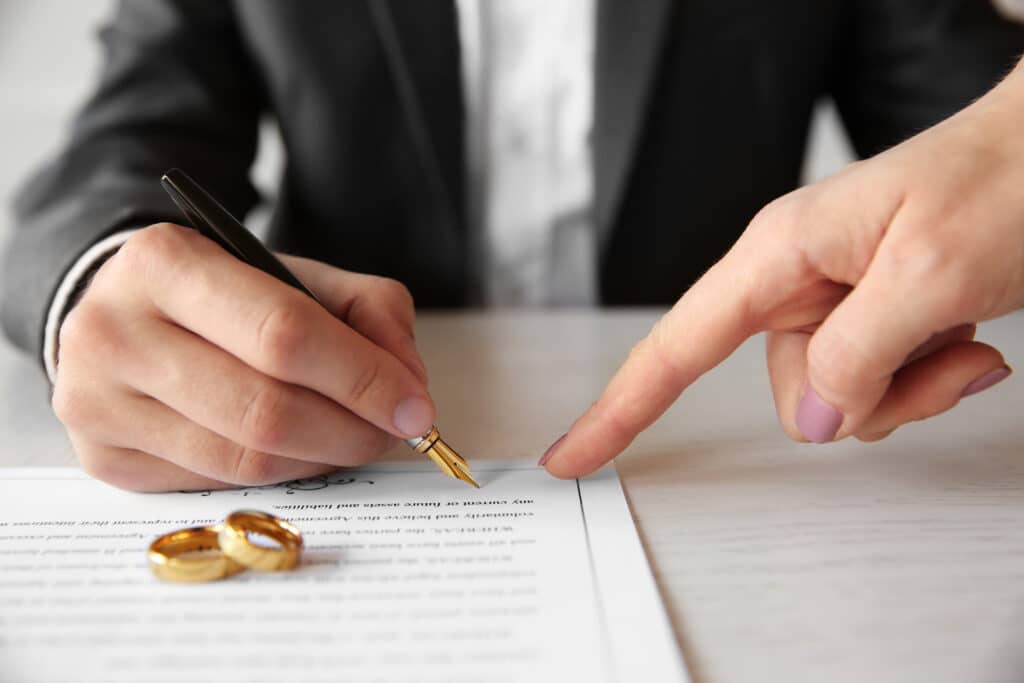By Attorney Jennifer Schulte: Is Common Law Marriage a myth in Florida? Yes and No. I have had a few consultations recently in which a couple were living together and holding themselves out to their friends and community as though they were a married couple for years (or even decades) but were only lawfully married for a few years. In some of these situations, the wife was for all intents and purposes a stay at home mom who took care of the children (born prior to the wedding date) and the home. The husband was the bread winner and was financially responsible for the couple. But when the inevitable topic of alimony/spousal support came up in the conversation I knew that I would need to dispel some information to the party seeking support.
Florida Statute Section 741.211 states that Common-law marriages are void. No common-law marriage entered into after January 1, 1968, shall be valid, except that nothing contained in this section shall affect any marriage which, though otherwise defective, was entered into by the party asserting such marriage in good faith and in substantial compliance with this chapter.
What if the couple were “married” in Georgia or another state that recognizes common law marriage and then relocated to Florida? Florida courts hold that the law of the state where the contract of marriage occurred determines its validity. There are several cases in which couples go through a marriage ceremony and hold themselves out to the community as a married couple. They do so in a state or country that recognizes common law marriage. Should the parties move to Florida and attempt to obtain a divorce, Florida will recognize their common law marriage.
I have also been presented with the scenario in which a couple has the marriage ceremony, has the license and the party responsible for mailing in the license fails to do so. Florida Statute Section 741.01 states that someone desiring to be married are required to apply for a marriage license which can be issued by a county court judge or the clerk of the circuit court. After issuance, a license is valid for 60 days within which time the marriage must be solemnized. § 741.041, Fla. Stat. (2002). Marriage may be solemnized by ordained clergy, judges, clerks of court, or notaries public. § 741.07, Fla. Stat. (2002). After solemnization, the officiant shall certify on the license that the marriage has been performed and deliver it, within 10 days, to the clerk or judge that issued it. § 741.08, Fla. Stat. (2002). The county court judge and the clerk of the circuit court are required to keep a correct record of all licenses issued and of the licenses returned as certified by the officiant. § 741.09, Fla. Stat. (2002). There are also provisions for proving up a marriage when the certificate is not completed on the marriage license, when the certified license is lost or when death or other cause prevents a certificate from being made.

Request a Free Consultation
There are even cases in which a couple applies for a marriage license, has the ceremony and then one of the parties fails to file the solemnized/certified license with the clerk. The other party lives out years of “marriage” without a clue that they are not lawfully married. There is caselaw that addresses good faith and what the court will look at when determining whether the parties were married (and able to obtain a divorce) or not. You can look up whether your marriage license is recorded. If you have any doubts about where your relationship stands please speak with an attorney.

